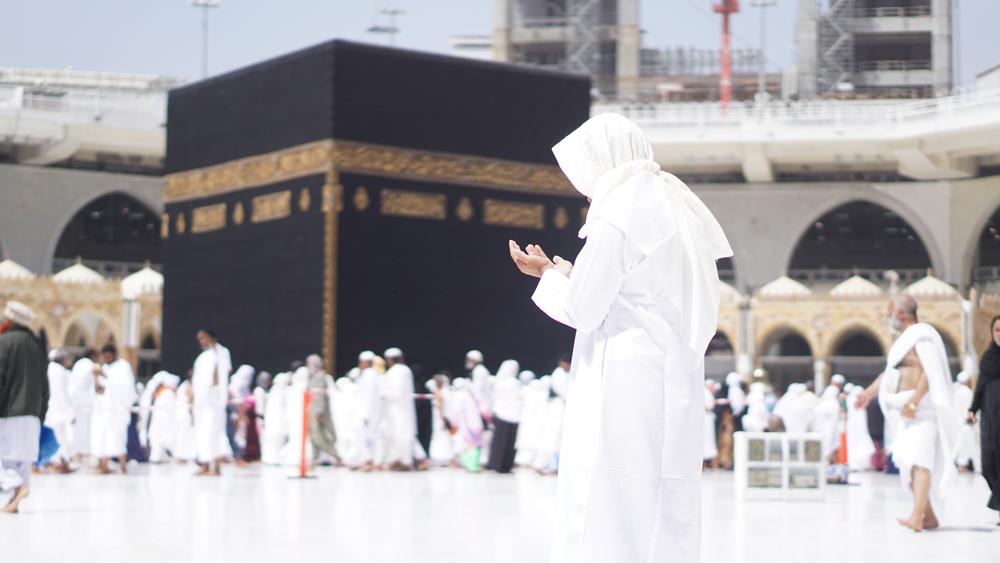Hajj is a sacred pilgrimage that offers a unique opportunity for spiritual renewal and closeness to Allah. Throughout the journey, pilgrims engage in various supplications and duas that enhance their connection with their Creator and bring immense blessings. Each stage of Hajj has specific supplications that can be recited, aligning the heart and soul with the essence of worship.
Duas During Tawaf
Understanding the meaning of Tawaf is crucial as it symbolizes the unity of believers in worshiping one true God. As pilgrims perform Tawaf, which involves circling the Kaaba significance, they should continuously recite the Talbiyah:
“Labbayka Allahumma Labbayk, Labbayka Laa Shareeka Laka Labbayk, Innal Hamda Wan-Ni’mata Laka Wal-Mulk, Laa Shareeka Lak.”
This declaration of faith emphasizes submission and devotion to Allah. Additionally, supplicants may ask for forgiveness, guidance, and strength in their faith.
Duas During the Steps of the Sacred Journey
Every pilgrim follows the steps of sacred journey in obedience to the traditions of Prophet Ibrahim (AS) and Prophet Muhammad (SAW). At each stage, there are recommended duas, such as:
- At Miqat (before entering Ihram): “Allahumma inni uridu al-hajja fa-yassirhu li wa taqabbalhu minni.” (O Allah, I intend to perform Hajj, so make it easy for me and accept it from me.)
- During the journey to Mina and Arafat: “Rabbana aatina fid-dunya hasanatan wa fil-akhirati hasanatan wa qina ‘adhaban-nar.” (Our Lord! Grant us good in this world and good in the Hereafter, and save us from the punishment of the Fire.)
Duas During Ihram
Understanding the significance of Ihram is vital, as it marks the beginning of the pilgrim’s spiritual transformation. While in Ihram, pilgrims should engage in continuous remembrance of Allah, seeking His mercy and forgiveness. They should also make personal supplications for themselves and their loved ones.
Duas During Sa’i
The act of walking between Safa and Marwah commemorates the perseverance of Hajar (AS) and serves as a lesson in trust and patience. When reaching Safa and Marwah, it is recommended to recite:
“Inn-as-Safa wal-Marwata min sha’a’ir-illah.” (Indeed, Safa and Marwah are among the symbols of Allah.)
Pilgrims should also make personal duas, asking Allah for strength, patience, and blessings in their lives.
Conclusion
Duas and supplications are integral to the Hajj experience, enriching the spiritual journey and deepening the pilgrim’s connection with Allah. Understanding the significance of each stage, from circling the Kaaba significance to walking between Safa and Marwah, allows for a more fulfilling and meaningful pilgrimage. Through heartfelt supplications, pilgrims can seek forgiveness, guidance, and blessings, ensuring their Hajj is accepted and rewarded by Allah.

